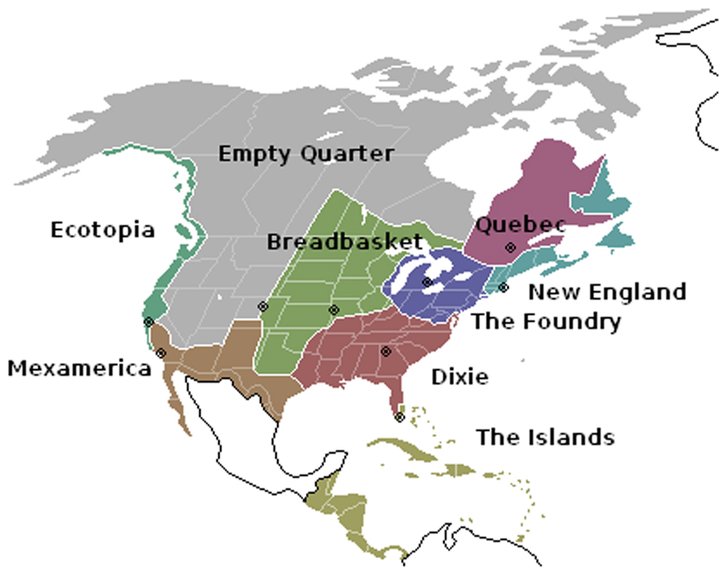“If a civilization could descend from Cicero and
Cato to Caligula and Nero in scarcely a century, how long could the
brave experiment launched by Madison, Jefferson, and company hope to
endure?”
The quote is from long-time staff writer for The Atlantic, James Fallows, in this month’s edition, musing on why “the decline of the federal government might not be such a bad thing.” Think globally, act locally goes the slogan. But more and more of us are both thinking and acting locally, having discovered that focusing too much of our attention on global — or at least national — affairs is an exercise in futility, other than at the ballot box. Too much attention to the blow-by-blow minutiae of CNN and — God forbid — Fox News brings despair and paralysis. Meanwhile locally — at the state level on down — we can renew our idealism and optimism.

The Fall of Rome (in the west!) 476 AD. (Unknown artist)
Fallows’ point of view (in line with several “revisionist” historians) is that the Fall of Rome in 476 presaged an era of new beginnings and opportunities impossible to imagine under the top-heavy structure of the late Roman Empire. In the end, it didn’t so much crumble as it made way for “a sustained era of creativity at the duchy-by-duchy and monastery-by-monastery level,” quoting Fallows. The parallels with our own time are pretty obvious, with the federal government riven by interparty rivalry, a demagogic president and a Senate that hasn’t passed a treaty of any real significance in years.
Despite the world’s highest GDP, the US ranks 18th (out of 156) on the UN World Happiness Report and 26th on the Social Progress Index (which measures “the extent to which countries provide for the social and environmental needs of their citizens”). Compared to our Western peers, we have higher rates of homicide, incarceration, abortion, STDs, child mortality, obesity, educational mediocrity and premature death. Washington seems to be incapable of matching “society’s resources to its biggest opportunities and needs,” again quoting Fallows. “In principle, almost nothing is beyond America’s capacities. In practice, almost every big task seems too hard.” In a word, the federal government is paralyzed.
Meanwhile, at the state and county level, things are humming along. Take California, which, were it a sovereign country, would be the world’s fifth largest economy. Which is presumably — for financial reasons — why Ford, VW, BMW and Honda are supporting California’s targets to cut automobile emissions, despite opposition from the feds. Or consider the Paris Climate Accord. After the President said two years ago that the US was withdrawing, then-governor Jerry Brown flew to Beijing to negotiate a bilateral carbon-emissions pact with the Chinese, saying, “We are a separate nation in our own minds.” He wasn’t alone: over 400 governors and mayors announced that their jurisdictions would be sticking by the Paris Accord.
At the local level, consider marijuana regulations. While we weren’t the first county to develop weed regulations, Humboldt was the first to develop a marijuana land use ordinance, dictating exactly where and under what conditions it could be grown, and we were the first to develop a cannabis taxation system “motivated by a desire to impose order on the chaos that had flourished in the absence of state and federal rules,” according to Ryan Burns, who’s been following the story for years.
If any of this strikes a chord, maybe it comes down to this: we’re just too many people, and too disparate in our desires and expectations, to be governed as a single entity. Maybe it’s time to consider, yet again, breaking the country up into more manageable bits, where each of us individually is more empowered than we currently are. It’s hardly an original idea: Texas, Hawaii and Alaska all have strong secessionist movements. Calexit, anyone?

“The Nine Nations of America.” Map based on Joel Garreau’s book of that name suggesting how North America could be divided into nine sovereign nations, each of which shares its own distinctive economic and cultural features. (A Max J, Creative Commons)
CLICK TO MANAGE